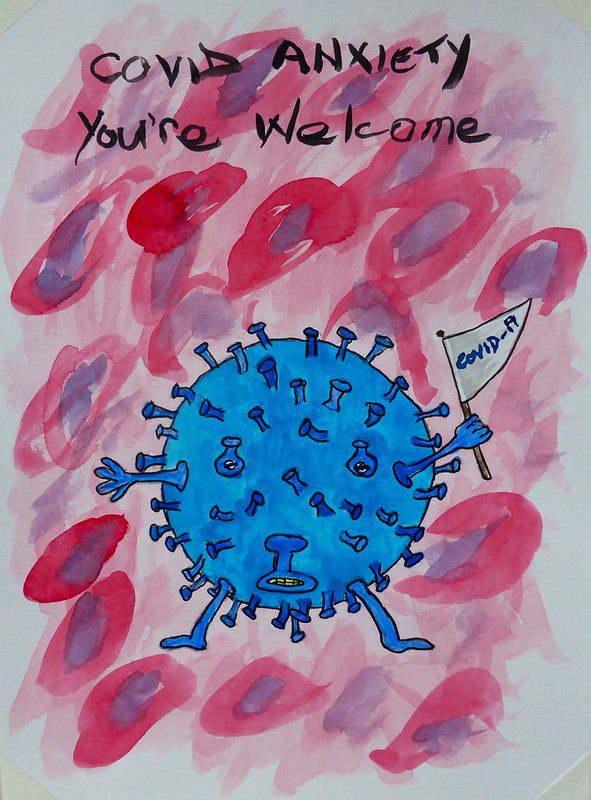How to take care of mental health in times of COVID-19 (part 1)
Katia Rivera [Vauxoo]
29 April 2020
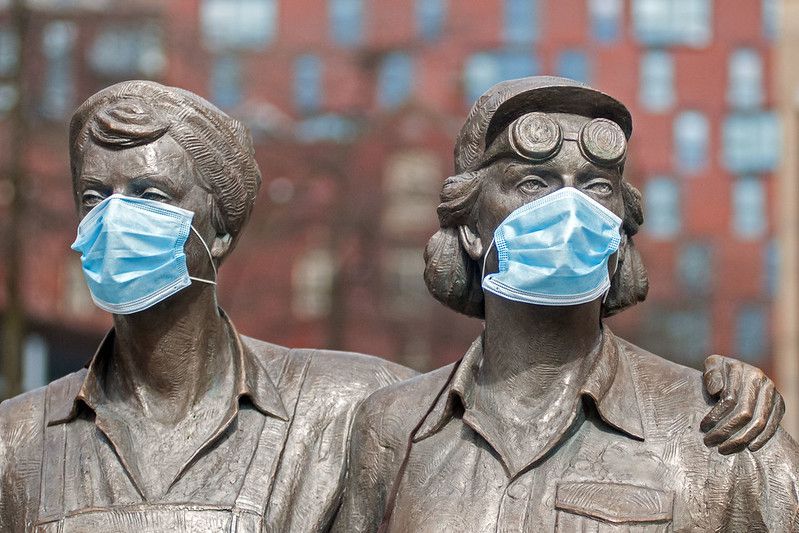masked%20statues.jpg?access_token=acf05014-1dd2-4099-a7ee-82bc7beb2896)
“"Just as we use the mask to protect our airways, we must also adopt practices that protect our mental sphere"
Moderate your consumption of news
It is good to stay informed and you must do it, but if you wake up and go to bed watching news it is time to stop . The news can be addictive, especially in the current moment in which we see numbers and graphs of infected people that change day by day. Knowing that there are a hundred, or a thousand more infected in your country or anywhere on the planet, will not protect you anymore. You already know the seriousness of the situation and you are already taking the measures that are within your reach, now also protect your mental sphere and take distance.
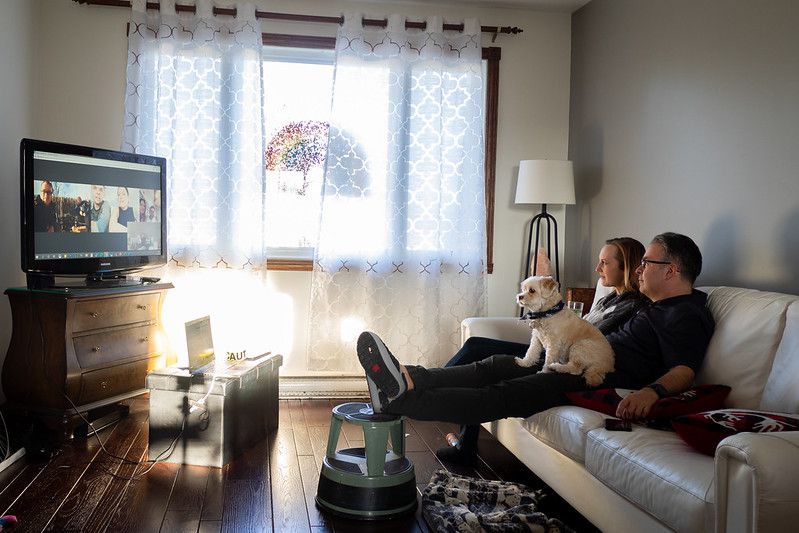
“Do not wake up and go to bed watching news”

Talks about something else.
How many dead are there in the world for covid?
If this has become your favorite topic of conversation it is time to change it. We live in a very stressful and unprecedented time. Few moments have brought so much uncertainty for humanity like this, and we don't know how long it will continue, so we must build a mental refuge.
Talking about the pandemic every day will affect your mood and that of those who listen to you negatively. There is no need to pay more attention to this topic, you already have several reminders in your daily routine. Talking about this is not going to make you feel better and if it puts your psychological well-being at risk.
“Talking about the pandemic daily will affect your mood and that of those who listen negatively to you.”
Maintain a routine
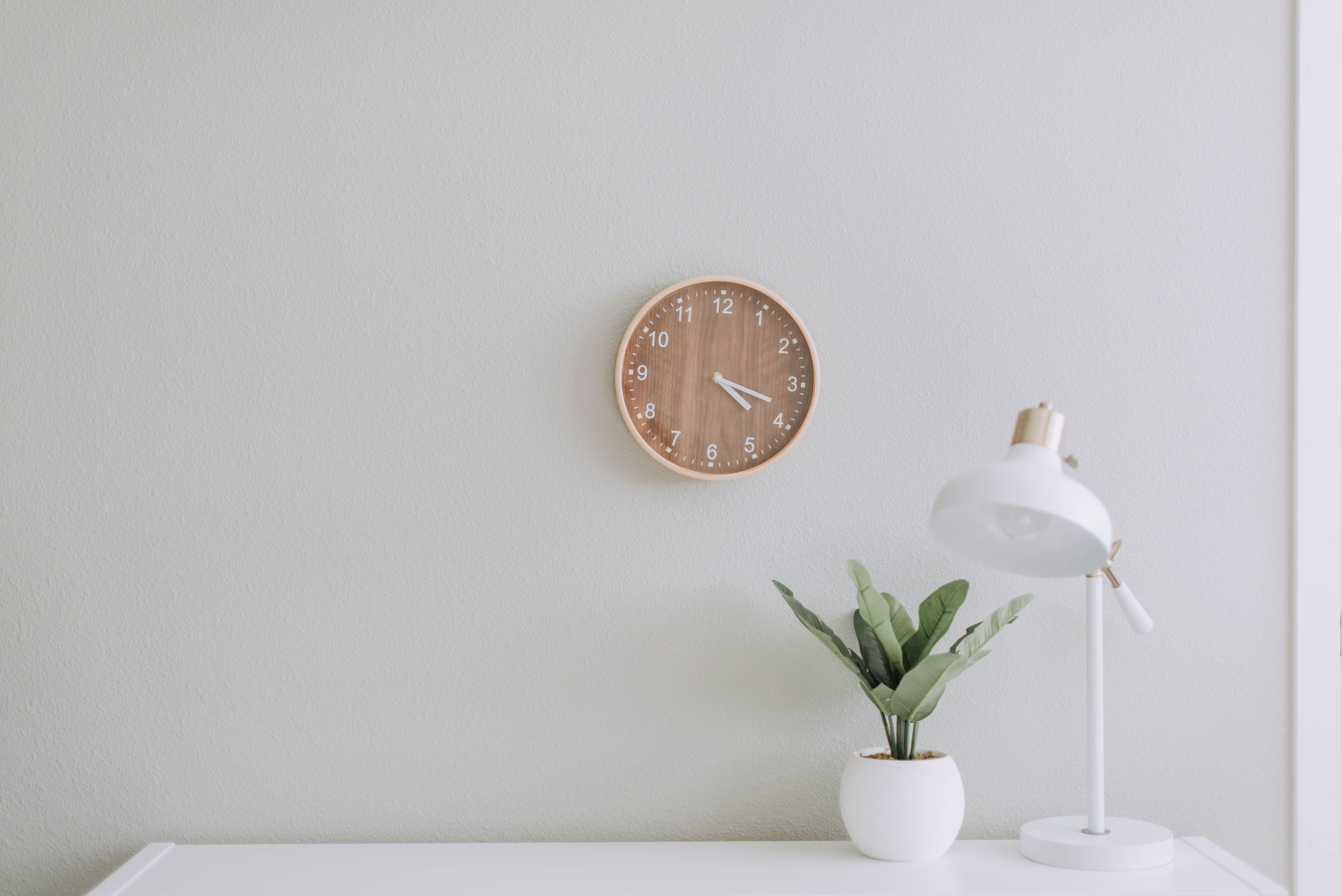
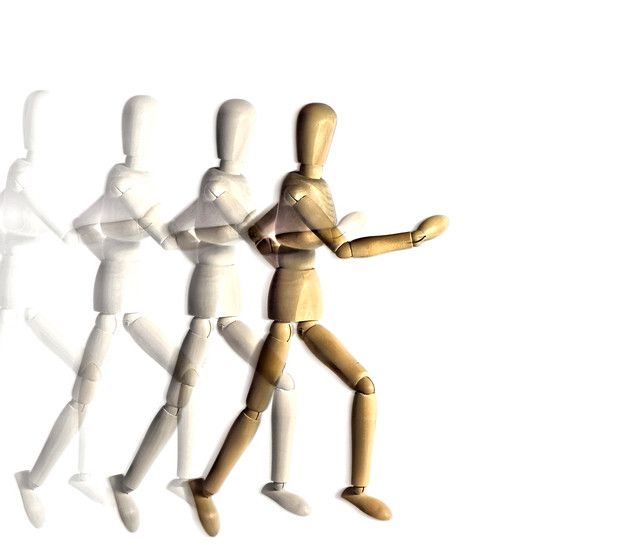
Get Moving
Physical exercise helps cope with the symptoms of depression and anxiety, this is because we have an old nervous system. Many of our response mechanisms, including stress, date back to the time when humans lived in caves and had to defend themselves against physical threats. The stress response was useful in that context as it allowed us to have more energy resources available to use our muscles and run or attack.
The worries that a virus generates or the economic uncertainty, our body lives as physical threats and responds in the same way: It secretes adrenaline, increases the heart rate and processes related to food intake are inhibited such as salivation and digestion, that is why in prolonged periods of stress, our digestive function and many other things can be altered.
"The worries that a virus generates in our bodies are experienced as physical threats"
Chronic stress, that is, stress for long periods of time, accelerates the oxidative processes in the cells of our body, and negatively affects the immune system. One way to combat it is to stay physically active, particularly in stressful times. When exercising, we use the resources that our body has produced in response to what threatens or worries us, and we prevent it from accumulating and leading to chronic stress.
"One way to combat chronic stress is to stay physically active."
If it is allowed in the region where you live, go for a walk or run, choose busy times and streets and follow all the instructions of the local authority. If you can not go for a walk, exercise at home at least 20 min a day, surely there is a video for you on the internet.
Follow our blog to read the second part of this post
y más publicaciones sobre la vida laboral y personal durante la contingencia.
